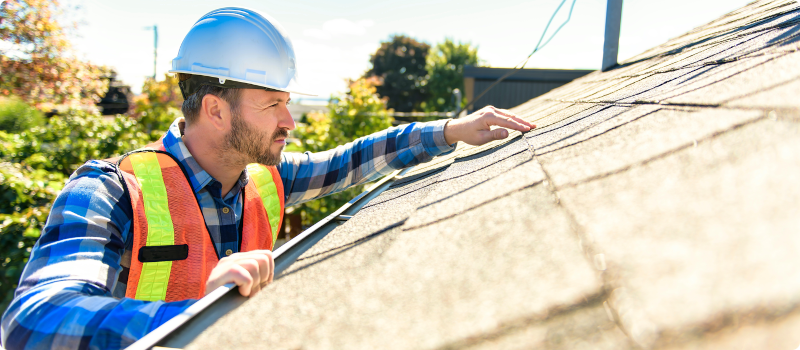How Much Are Home Appraisal & Inspection Costs?
Updated June 8, 2024 . AmFam Team
Updated June 8, 2024 . AmFam Team
After you’ve spent long hours shopping and viewing homes, you finally find the perfect place that fits your needs and your budget. And then, your offer gets accepted. Now what? It’s time for an inspection and appraisal. But how much does a home appraisal cost? And what do you know about inspection fees? On average, inspection and appraisal fees can cost anywhere from $300 - $450 for the inspection fee, and from $300 - $600 for the appraisal fee.
In some cases, these expenses can climb higher depending on the size of the home and the services you request. Take a look at these appraisal and inspection details to help you understand what you’re paying for and to learn about when these payments are due.
There are a lot of fees, expenses, taxes and charges that are all rolled into closing costs. It can be hard to track exactly what’s included in them and what your additional out-of-pocket expenses will be. So, is the appraisal part of the closing costs? In most cases, yes it is. And the appraisal fee cost is typically paid before closing.
If the appraisal fee is used in negotiation, the buyer can request that the seller pay the cost of the appraisal fee. Some appraisers prefer payment in advance of closing. Doing so helps to ensure they get paid, whether the deal makes it to the closing table or not. Other appraisal groups are fine with getting paid at closing, and will include a contract that requires payment by the responsible party even if the real estate purchase falls through.

Property appraisers determine the home’s value. This is done by compiling data from several different sources and then building an estimate of the real estate’s overall worth — inside and out. The home appraisal process involves inspecting county records, courthouse documents and then looking carefully at comparable homes in the area. An appraisal report typically contains:
Home inspections are a critical part of the home buying process. And as a homebuyer, there’s a lot to learn from the details that your home inspector will share with you. Is inspection included in closing costs? Much the same as appraisal groups, home inspectors are likely to want payment at the time of inspection.
If your home inspector is willing to wait until the deal wraps up, you may find their fees in the “cash due at closing” section of your closing statement. And like appraisal fees, the cost of the inspection is not specifically part of your closing costs even though the fee is due when you close and make the purchase.

A professional home inspector will deliver a close-up review of your home’s major systems. Before you hire an inspector, be sure to learn about the services and tasks your inspector will perform. And don’t forget to ask about the cost of tasks or tests that will result in an extra charge. Verify that your inspector is certified by the American Society of Home Inspectors. These areas are typically covered under a base home inspection service agreement:
Most home inspectors charge a base fee for their services. But those fees can climb depending on the square footage of the house and the kind of work you want to have done. Some homebuyers prefer to have the home tested for the presence of lead before they commit. Others are willing to pay extra to learn if the home will require a radon mitigation system.
Your home inspector may be able to do these tests but you’re going to pay a separate fee for each service and test. Take a look at the average costs of additional services that most home inspectors provide:
Inspector Test Performed | Average Cost |
|---|---|
Asbestos testing | $100 -$200 |
Pest infestation testing | $75 - $150 |
Radon testing | $400 - $800 |
Mold testing | $700 - $900 |
Lead testing | $200 - $400 |
Sewer scope | $80 - $300 |
Getting an idea of your prospective home’s condition and it’s market value are two very important pieces of information that you’ll want to have before you agree to purchase a home. With these services, you’ll have a better understanding of the value of the house, and the age and lifespan of appliances and your home’s systems.
While you’re reviewing the reports from your appraiser and inspector, get in touch with your American Family Insurance agent. They’ll help you to act on the information in these reports by building a policy that’s customized to meet the needs of your new home.
This article is for informational purposes only and based on information that is widely available. This information does not, and is not intended to, constitute legal or financial advice. You should contact a professional for advice specific to your situation.